How Long Does It Take to Make Funeral Arrangements?
When a loved one dies, the last thing you want to think about is logistics. The steps involved in planning a funeral can feel overwhelming. There are phone calls to make, caskets to choose, paperwork to complete, and flowers to buy, all while navigating the painful haze of loss.
But you are not alone in this difficult time.

The role of the funeral director is to help you handle these complexities and relieve as much stress as possible, allowing you more time to connect with loved ones and mourn together. We are also here to answer your questions, putting your mind at ease about what you may not know. Many people find comfort in understanding the timeline of funerals and knowing what to expect from next steps.
Here are some of the frequently asked funeral timing questions we hear from grieving families:
What Happens After a Loved One Dies?
Immediately following a death, there are a few essential steps to take. First, a medical professional must officially pronounce the death. If your loved one died at a hospital or under hospice care, their doctors will oversee this. If the death was unexpected, police may have to be notified.
Once this step is taken, the next call is typically to the funeral home. If your loved one already had preplanned funeral arrangements in place, their wishes will already be on file. If not, you’ll need to reach out to a funeral director to begin the process of planning the funeral. We will handle the transport and care of your loved one’s body and help you with the paperwork, such as death certificates and coordination with clergy or celebrants.
These first phone calls will happen within hours of your loved one’s death. You’ll have the next few days to call friends and family and take time to rest and care for yourself while the paperwork is filed.
How Soon After Death Should the Funeral Occur?
If a loved one is to be buried, it’s customary for the funeral to take place within a week or so of death. This timeline varies based on many factors, such as whether there will be a viewing, if you want your loved one to be embalmed, and if family members will need to travel a distance to attend the funeral. It is customary in some religious traditions, such as Judaism, to hold funerals very quickly. Other families may wait significantly long. Some may even hold the burial first, then have a larger celebration of life ceremony weeks or months after the loss.
There is no set timeline. Your funeral director can work with you to plan arrangements on the timeline that makes sense for your family and specific circumstances.
Why Do Jewish Funerals Happen So Quickly?
Jewish funerals are often held within 24 hours of death. The Torah teaches that burial should happen as soon as possible, ideally before sundown on the day of death. This rapid timeline also reflects the Jewish belief that the soul should not linger, and delaying the burial can disrupt the mourning process.
However, exceptions are made for practical reasons, such as necessary transport or family travel. Jewish customs like shiva (a week-long mourning period) offer structured support after the funeral itself.
How Long Do Funerals and Memorials Last?
Funerals can last anywhere from 30 minutes to several hours, depending on the format and religious or cultural elements involved. Funerals are a personalized reflection of the life they honor, and no two need to be the same. You could opt for a simple graveside service with just a few words, or a full church funeral with liturgical elements. It depends on your loved one’s wishes, your religious beliefs, and what makes the most sense for your family.
A traditional funeral often involves multiple gatherings: a viewing or visitation with the body, a funeral service held at a church or funeral home, a graveside ceremony, and a repast or meal afterward. You don’t have to do all of these steps, and you can substitute your own traditions or add additional gatherings as well. The only thing that matters is that you create an event to honor your loved one’s memory and draw on the support of friends, family, and neighbors in your community to help you through this time.
The Funeral Is Just the Beginning
There is no set timeline for grief. The funeral is an important first step toward healing, but the weeks, months, and even years that follow a loss will bring their own challenges and emotions. There are many more phone calls ahead—to the bank, the Social Security office, insurance companies—and some days will be harder than others. But whatever happens next, know that we are here to make things as simple as possible, from answering your funeral questions to providing ongoing grief support through the Heartlight Center.
For more information, or to begin planning a loved one’s funeral, reach out to Horan & McConaty Funeral Service and Cremation at (303) 745-4418 or visit one of our Denver area funeral homes.



